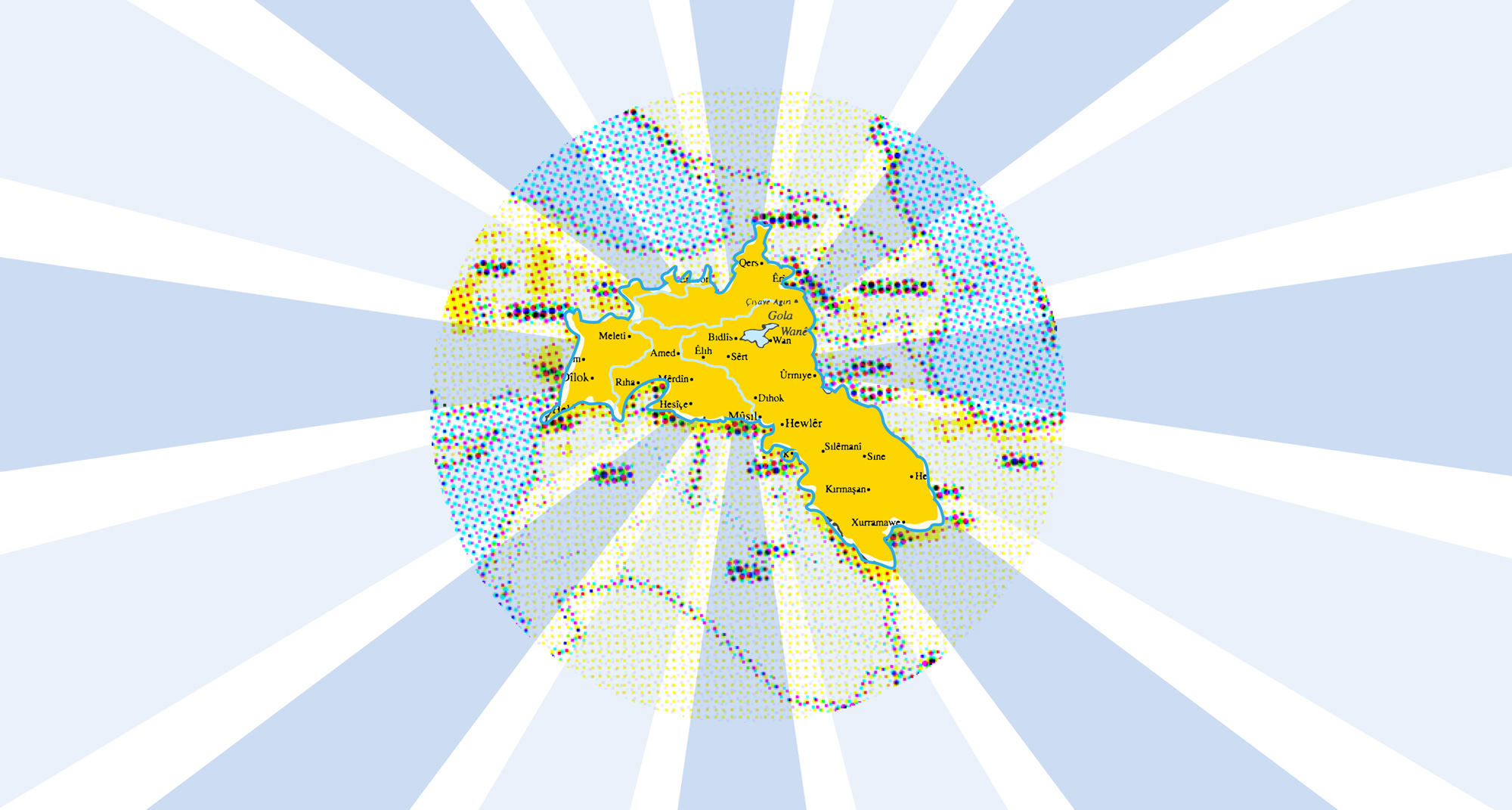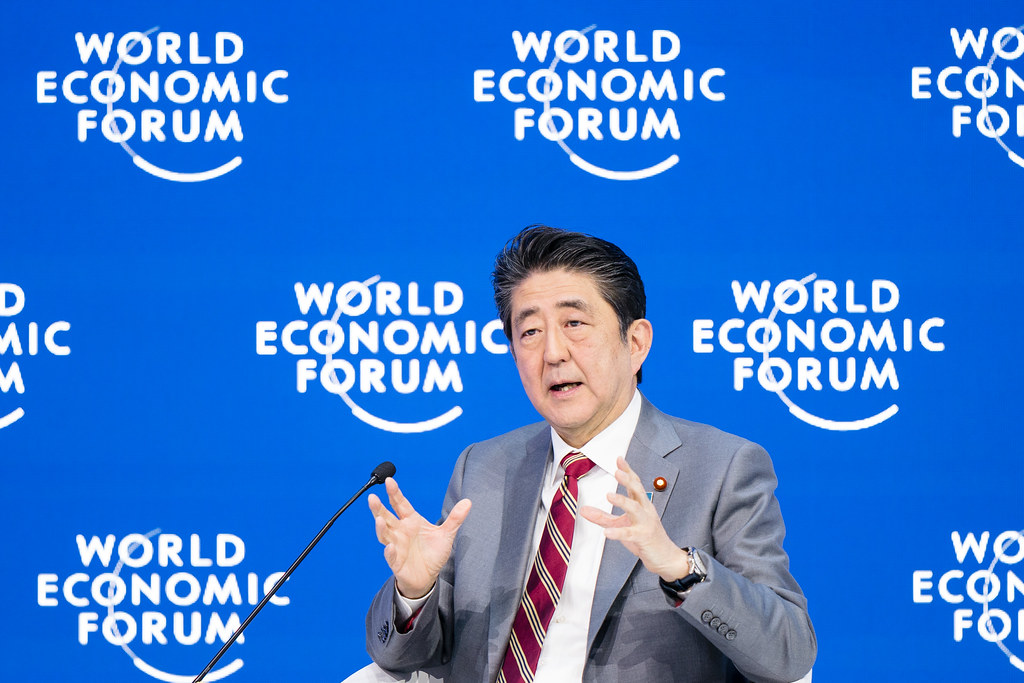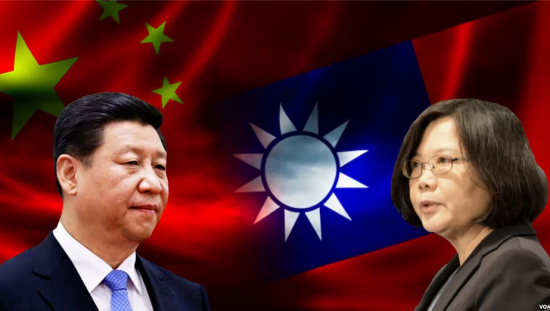On June 7th, 2017, a certain political leader shook the world with a tweet. No, not Donald Trump, but Masoud Barzani, President of the Iraqi Kurdish Regional Government. His tweet proclaimed, “I am pleased to announce that the date for the independence referendum has been set for Monday, September 25th, 2017,” thereby launching a bid for an independent Kurdish state.[1]
Independence is an important goal for the Kurds because they are a minority in every country with a Kurdish population and have suffered abuse and discrimination in each of those countries. Their referendum is an important step toward escaping this persecution, but the vote alone is not enough to establish an independent Kurdistan; that process will take significant time and international support.
The Kurds are a religious and ethnic minority spread out through parts of northern Iraq, Iran, Turkey, and Syria.[2] Kurdish oppression culminated under the rule of Saddam Hussein, who violated the Geneva Convention by using mustard gas and committing genocide against the Iraqi Kurdish population.[3] To escape this mistreatment, Kurds have long desired their own nation-state. Since the Sévres treaty in 1920, the Kurds have been advocating for their independence on an international level but have been blocked or ignored at every turn.[4] Their referendum states that the new country, likely to be called either Kurdistan, or Iraqi Kurdistan, would be situated in Northern Iraq and would include the oil-rich province of Kirkuk. Oil exports would become the major export of Kurdistan and would help support the economy. It would not include any parts of the other three countries, and only the Iraqi Kurds were allowed to vote on the referendum.
The region was fraught with unrest leading up to the referendum. On September 19th, police were deployed in Kirkuk to stop any occurrences of ethnic violence. One Iraqi Kurd was killed in a clash with Turkmen security, and people on both sides were wounded. Since then, checkpoints have been set up around the city by the police.
The Kurdish party has also been having issues with the Iraqi government. The Kurds have accused the Iraqi government of failing to pay the salaries of government workers in Kurdish areas, and the government has accused the Kurds of selling oil from Iraqi territory without the approval of the central government.[5] In April, Iraqi Prime Minister Haider Al-Abadi said he “respected the Kurdish right to vote on independence, but he did not think the timing was right for the move.”[6]
Part of Abadi’s hesitation is about instability relating to the ongoing fight against the Islamic State, a war where Kurdish forces have been crucial. However, it should also be noted that he has a reelection bid coming up, and he does not want to lose a third of his country’s land in an election year. It would be hard to justify to voters how he lost all that land and oil revenue, and even harder to defend this to potential challengers, inside and outside of his party. Despite this opinion coming from Baghdad, Kurdish leaders pushed ahead with the September 25th date for the referendum.
Kurdistan’s other neighbors and many countries around the world have reacted far more strongly and negatively than Iraq. The U.S., Britain, and France are three of the most influential Western actors that are against the referendum due to instability in Iraq, the ongoing Syrian Civil War, and the war against ISIS. Like the aforementioned states, international organizations like the United Nations and the Arab League claim that a “yes” vote would threaten an already volatile region.[7] This is seen as legitimate; however, the region is already in a constant state of instability that does not appear to be ending any time soon. Many Kurds have taken an “if not now, when?” mentality toward this response to their desire for statehood, and so they pressed on with the referendum despite international complaints.
Abdulrazaq Khudur, 60, a pro-independence Turkmen living in the region, said, “We can’t have another Sykes-Picot to promise us something, and do a different thing next morning.”[8] The Kurds believe they have suffered long enough at the hands of both their own country’s leadership and foreign powers and will no longer tolerate delays to their bid for independence.
Turkey has long been against any form of Kurdish independence and is very nervous about what effect Kurdish independence would have on its own embattled Kurdish population. The Kurdish Workers Party, known as the PKK, is a terrorist organization active in Turkey that claims to defend the Kurdish people. The actions of the PKK, including car bombings and assaults on Turkish forces and government institutions, have only served to further separate the Turkish government and Turkish Kurds. Turkey has used the PKK as an excuse to oppress their Kurdish population, and it is deathly afraid of what independence in Iraq could do to embolden its own Kurds.[9] Turkey has threatened the region with sanctions and has tried to unite Syria and Iran against independence, as the latter two are also worried about the secession of their own Kurdish populations.[10]
On September 26th, Turkey positioned missile batteries at the border, and Iran closed its airspace to flights into the region. President Erdogan of Turkey said that Iraq allowing the vote was “treachery,” and if Kurdistan became a country, he would consider cutting off the oil pipelines that allow the Kurds to export their oil, debilitating them economically, and causing them to—in the words of the Turks—“starve.”[11][12]
Interestingly, there is one country that has been supporting the Kurdish fight for independence. Earlier in September, Israeli Prime Minister Benjamin Netanyahu came out in support of Kurdish independence. In 2015, his defense minister said, “It is in the interest of Israel and the United States that a Kurdish state be established,” citing defense purposes and the spread of democracy. Earlier in September, Netanyahu released an official statement saying that Israel “supports the legitimate efforts of the Kurdish people to achieve their own state,” a concrete show of support in backing the results of the referendum.[13]
Israelis and Kurds have long had mutual defense interests and mutual enemies, chief among them Iran, which has persecuted its minority Kurdish population and threatened Israel with annihilation since the Iranian Revolution in 1979.[14] Backing the Kurdish state allows Israel to support a longtime friend and establish a future ally in the heart of the Middle East.
Despite the controversy surrounding the referendum, the day of the vote passed peacefully. As of Wednesday, September 27th, the referendum passed with 93% of voters choosing independence with 72% of eligible voter turnout. With this, Iraqi Kurds officially declared their desire for statehood.[15]
But now that the referendum has passed, the Iraqi government is changing its tune on the legality of holding a referendum. The prime minister is now saying that the vote was unconstitutional, and he will not recognize the results. Parliament has since approved a resolution allowing the prime minister to deploy troops to the area, claiming that they need to keep the area safe given the unrest surrounding the vote. The Iraqi government also wants to regain control of the Kirkuk oil reserves, which it claims the Kurds are stealing. The Kurds have countered by claiming the oil is rightfully theirs because they liberated the oil fields from ISIS.[16]
Despite this, Mr. Barzani, the President of both the Kurdish Regional Government and the Kurdish Democratic Party, has been given a mandate to speak for the Kurds in future negotiations with the Iraqi Government. But regardless of what happens, it does not appear that much will come out of the referendum. In order for a state to be recognized internationally, it needs more than just internal support. This is why Israel needed the United States in 1948, why Palestine pushed to have its flag flown outside of the United Nations, and why China has blocked Taiwan from receiving international recognition. Kurdistan needs an important international ally, but it doesn’t seem to be able to procure any besides Israel. The referendum was certainly an important step in the journey to independence, but Kurdistan’s fight will likely be an ongoing process for the next decade.
Sources
[1] “Iraqi Kurds Set Date for Independence Referendum.” News | Al Jazeera. Al Jazeera, 08 June 2017. Web.
[2] Engel, Jordan. “Kurdistan.” The Decolonial Atlas, 16 Mar. 2017, decolonialatlas.wordpress.com/2017/03/16/kurdistan-in-kurdish/.
[3] Wong, Edward. “Saddam Charged with Genocide of Kurds.” The New York Times, The New York Times, 5 Apr. 2006.
[4] Danforth, Nick. “Forget Sykes-Picot. It’s the Treaty of Sèvres That Explains the Modern Middle East.” Foreign Policy, 23 Sept. 2016
[5] Reuters Staff. “Police Deploy in Iraqi Oil City as Tensions Rise Before Kurdish Independence Vote.” The New York Times. The New York Times, 19 Sept. 2017. Web.
[6] “Erdogan Warns of Sanctions over Kurds’ Independence Bid.” News | Al Jazeera. Al Jazeera, 20 Sept. 2017. Web.
[7] Chulov, Martin, and Paul Johnson. “Fearful Neighbours Look on as Iraq’s Kurds Stake Claim to Nationhood.” The Observer. Guardian News and Media, 23 Sept. 2017. Web.
[8] Chulov, Martin, and Paul Johnson. “Fearful Neighbours Look on as Iraq’s Kurds Stake Claim to Nationhood.” The Observer. Guardian News and Media, 23 Sept. 2017. Web.
[9] “Who Are Kurdistan Workers’ Party (PKK) Rebels?” BBC News, BBC, 4 Nov. 2016
[10] “Iraqi Kurds Set Date for Independence Referendum.” News | Al Jazeera. Al Jazeera, 08 June 2017. Web.
[11] Fahim, Kareem, and Tamer El-Ghobashy. “Turkey Condemns Kurdish Independence Vote as Western Opposition Softens.” The Washington Post, WP Company, 26 Sept. 2017
[12] McKernan, Bethan. “Kurdistan Referendum Results: 93% of Iraqi Kurds Vote for Independence, Say Reports.” The Independent, Independent Digital News and Media, 27 Sept. 2017
[13] Heller, Jeffrey. “Israel Endorses Independent Kurdish State.” Reuters, Thomson Reuters, 13 Sept. 2017.
[14] Heller, Jeffrey. “Israel Endorses Independent Kurdish State.” Reuters, Thomson Reuters, 13 Sept. 2017.
[15] McKernan, Bethan. “Kurdistan Referendum Results: 93% of Iraqi Kurds Vote for Independence, Say Reports.” The Independent, Independent Digital News and Media, 27 Sept. 2017
[16] Fahim, Kareem, and Tamer El-Ghobashy. “Turkey Condemns Kurdish Independence Vote as Western Opposition Softens.” The Washington Post, WP Company, 26 Sept. 2017



